Soil, fertilizer, and compost all accomplish the same goal: providing a nutrient-rich foundation for your plants to grow in. Learning how they interact with one another and how to achieve your desired results can be tricky, but the rewards are immense and long-term.
-
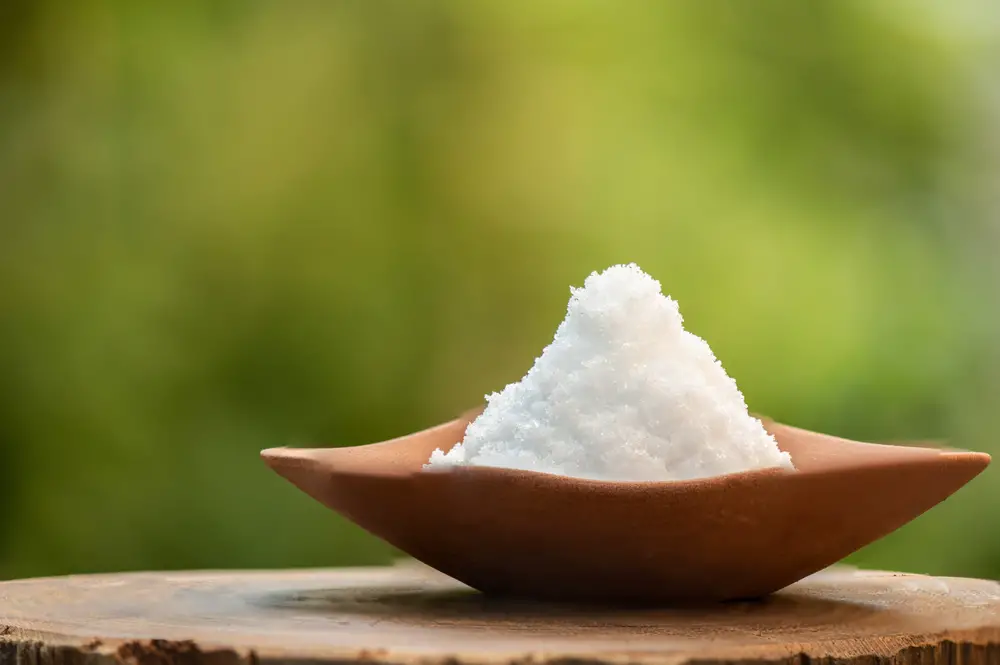
9 Plants That Love Epsom Salts
This inexpensive item could be just what you need to help your plants grow greener, healthier, and have more blooms!
-
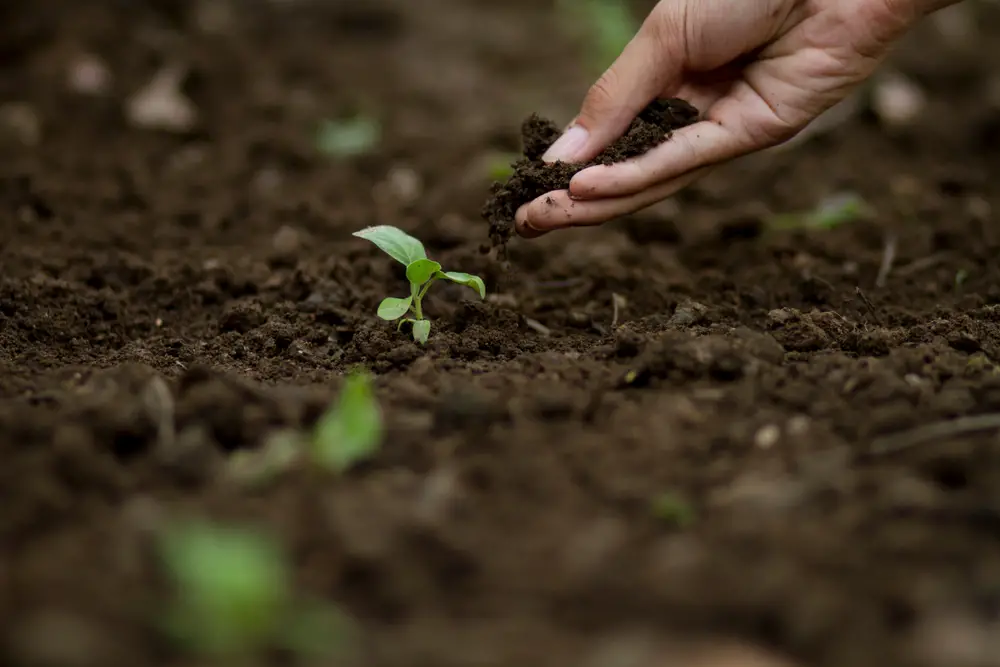
12 Effective Soil-Building Methods For Your Garden
As gardeners, some of the most underrated skills we can develop are those we use to care for our soil. The best soil is a living ecosystem, supporting various decomposers who break down and recycle nutrients through the organic matter they consume.
-
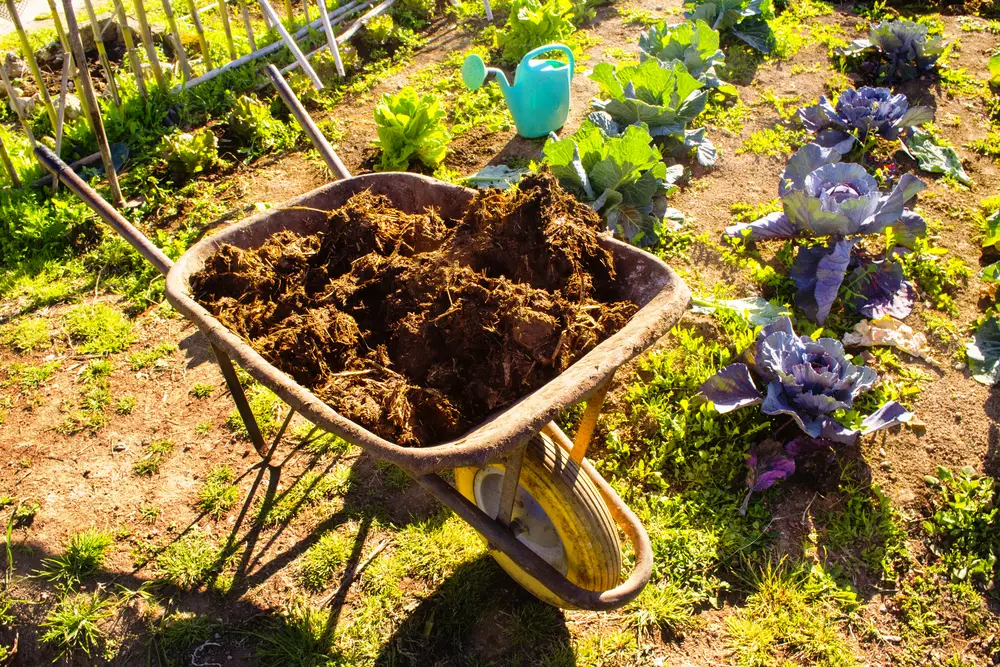
How And When To Fertilize Your Vegetable Garden Naturally
Making the shift to use naturally derived products to fertilize your garden is extremely easy. In fact, you can accomplish this in large part by using organic materials already present in your yard!
-
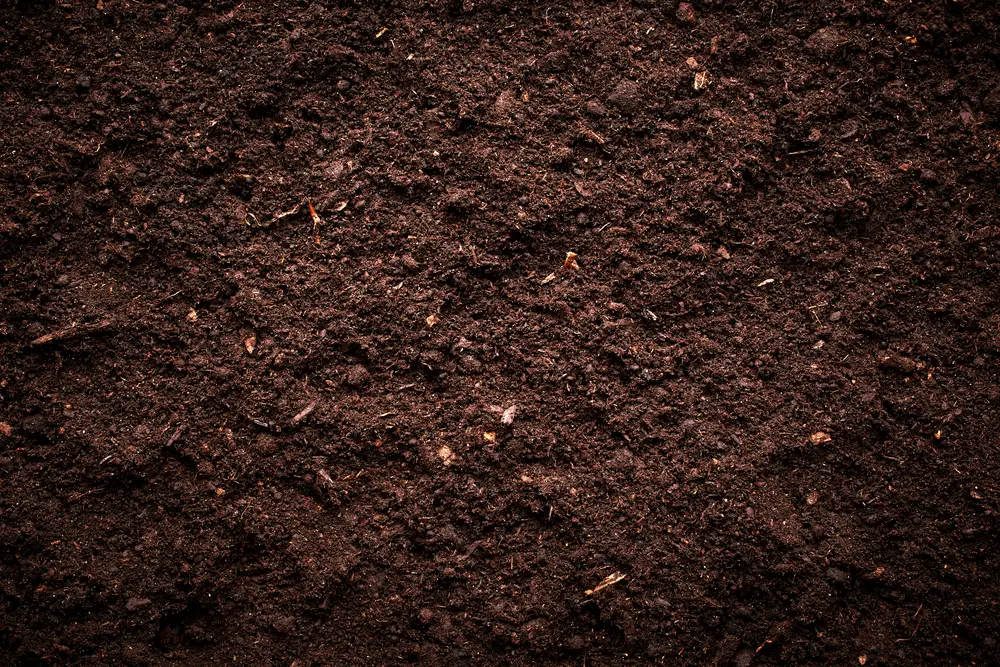
How To Build The Ideal Soil For Your Plants: Step-By-Step
There are several simple practices you can incorporate into your gardening routine to help your soil and garden be the best they ever have been long into the future.
-
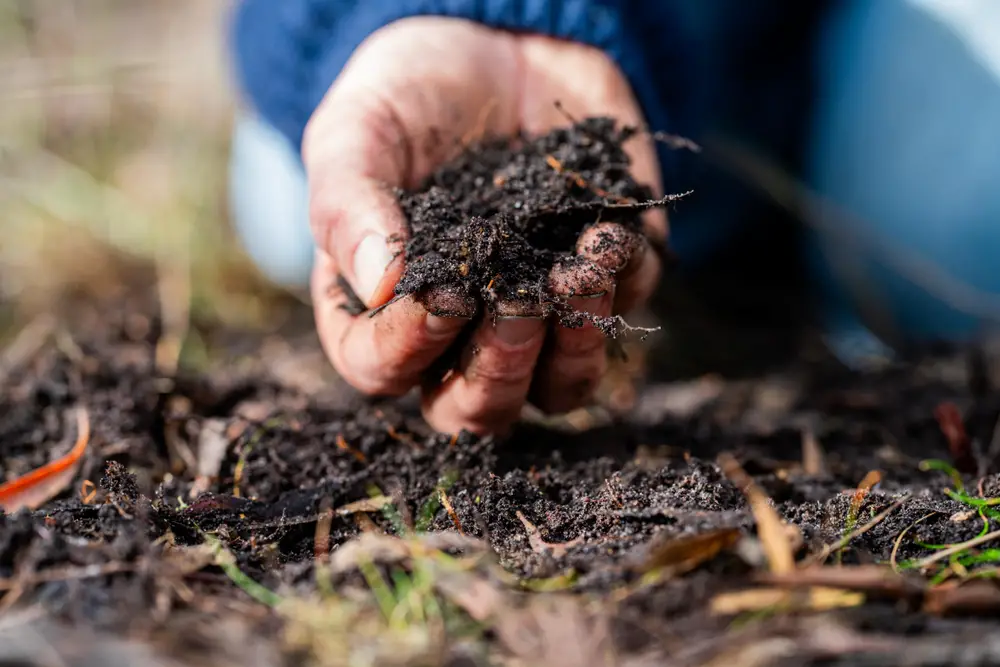
Is Fertilizer Necessary For Your Vegetable Garden?
Whether or not fertilizer is necessary for your vegetable garden comes down to what kind of fertilizer you’re using and what’s already in your soil.
-
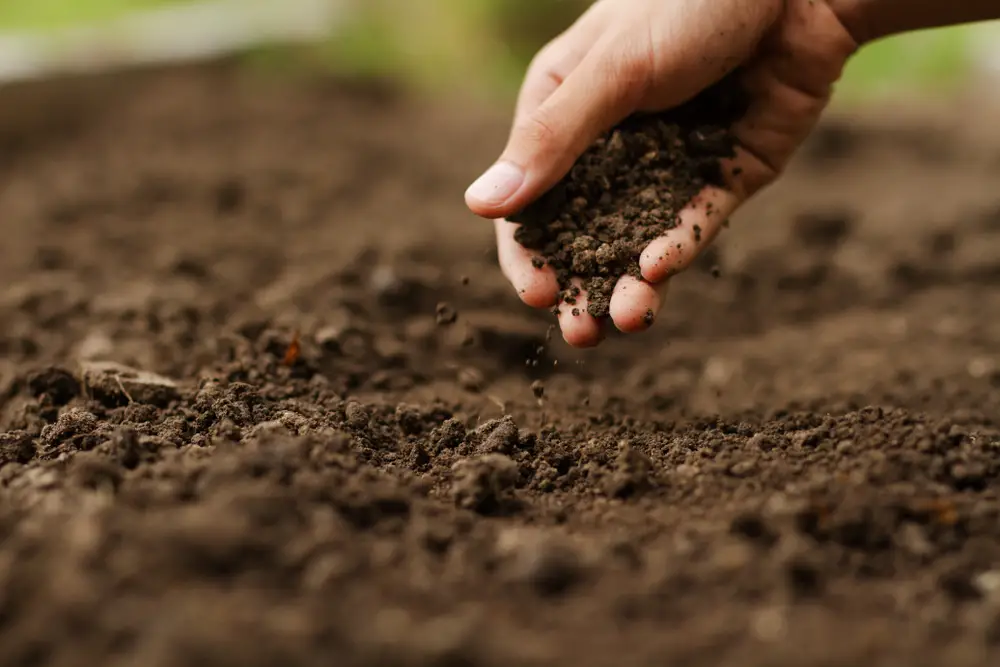
How To Make The Best Soil For Your Vegetable Garden
I know from experience you need to start with great soil to grow great vegetables. All year long, I am doing something or other to make sure my garden has good, healthy soil.
-
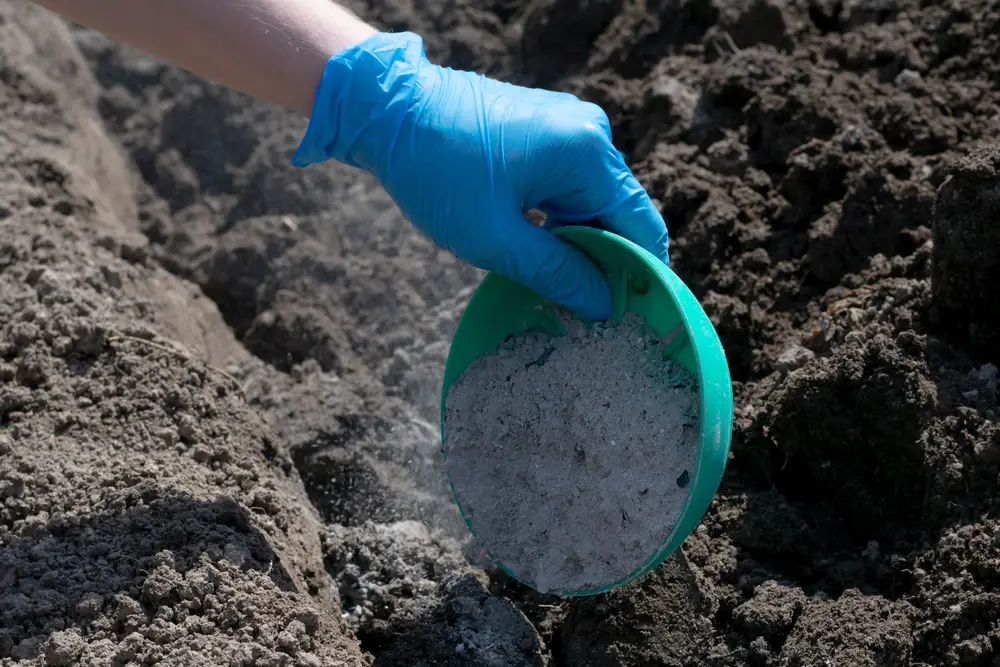
How To Use Ashes In Your Garden (But Why You Might Not Want To)
Ashes (specifically untreated wood ashes) contain some compounds that may benefit plant growth. Still, there are a few important steps I suggest before you take your ashes into your garden.
-
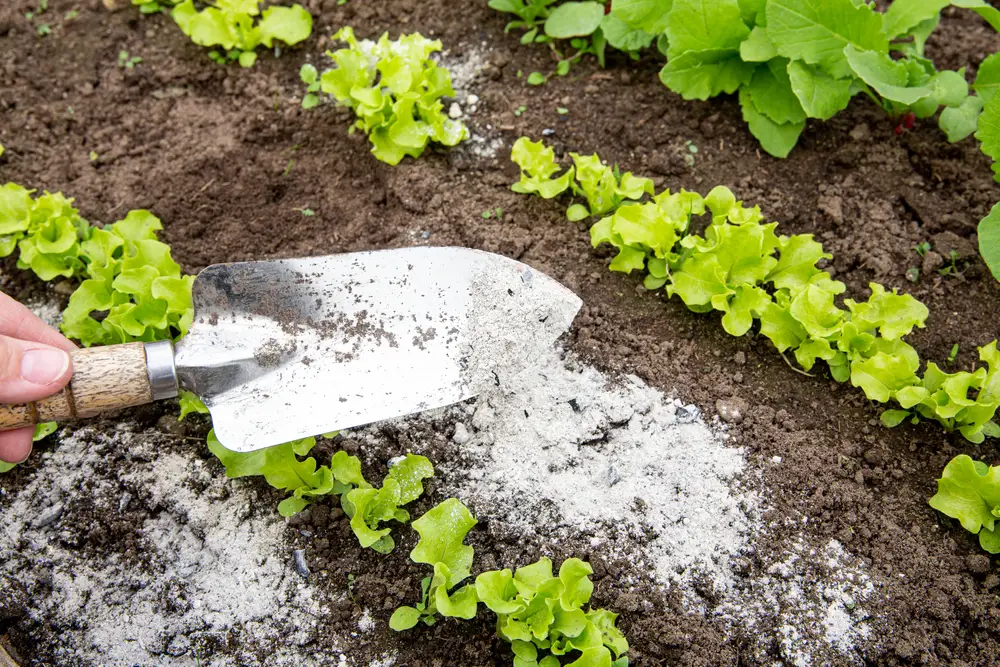
Are Ashes Good For Your Garden?
Gardeners commonly receive advice to use ashes to fertilize their gardens. Maybe you’ve gotten the same advice or heard about large-scale agricultural operations using them. But are ashes good for your garden?
-
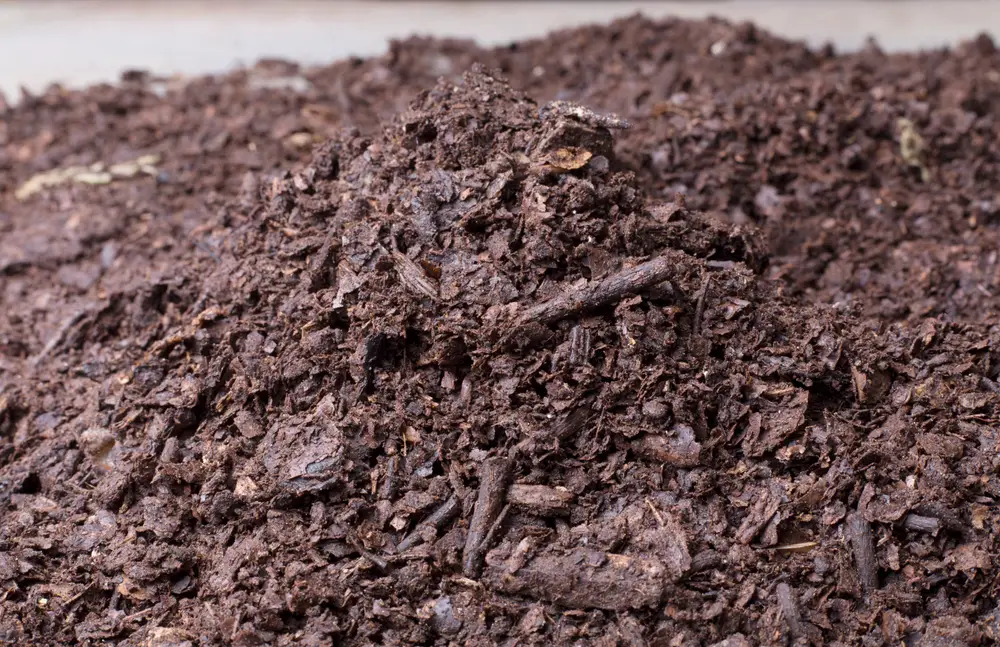
What Is Leaf Mold (And How To Make It)?
Leaf mold is not the same as moldy leaves. The former is an excellent conditioner for garden soil and will add vital elements to it. The latter is likely some kind of plant disease. Leaf mold is essentially fungus decomposing leaves. Whereas any number of microscopic bacteria may break down the leaves in your compost pile, leaf mold is a specific organic process where fungus breaks down the leaves.
-
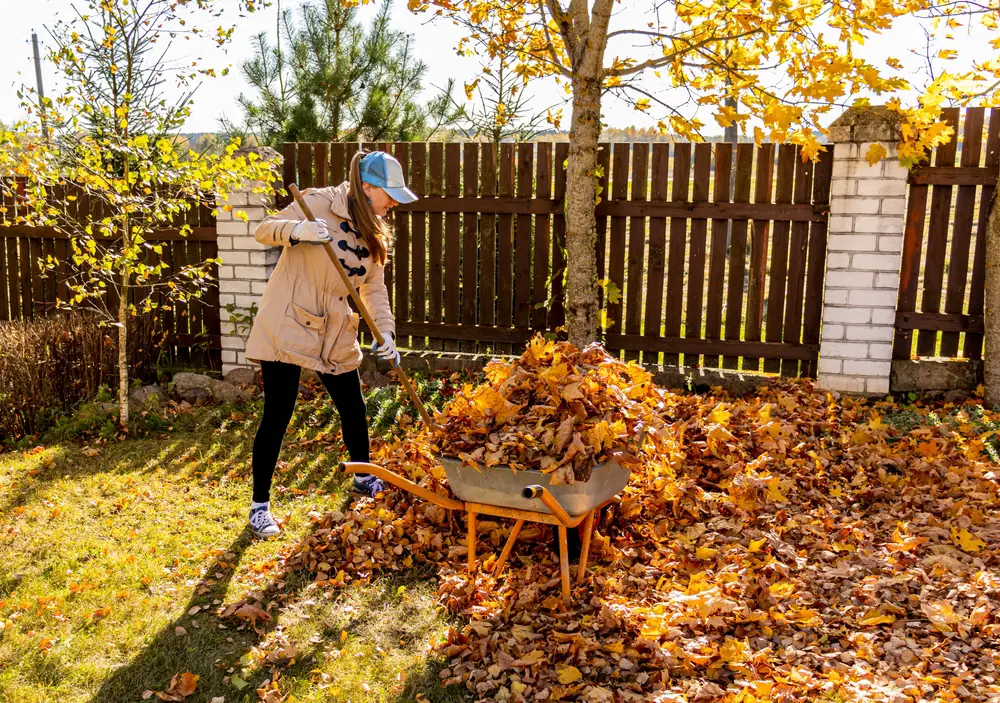
How To Use Dead Leaves In Your Garden: Step-By-Step
You can use dead leaves as mulch in your garden to protect your plants from hot and cold temperatures and add nutrients to the soil. Also, by gathering leaves, shredding them with a lawn mower, and applying them to your garden, you prevent leaves from ending up in landfills and save money.
-
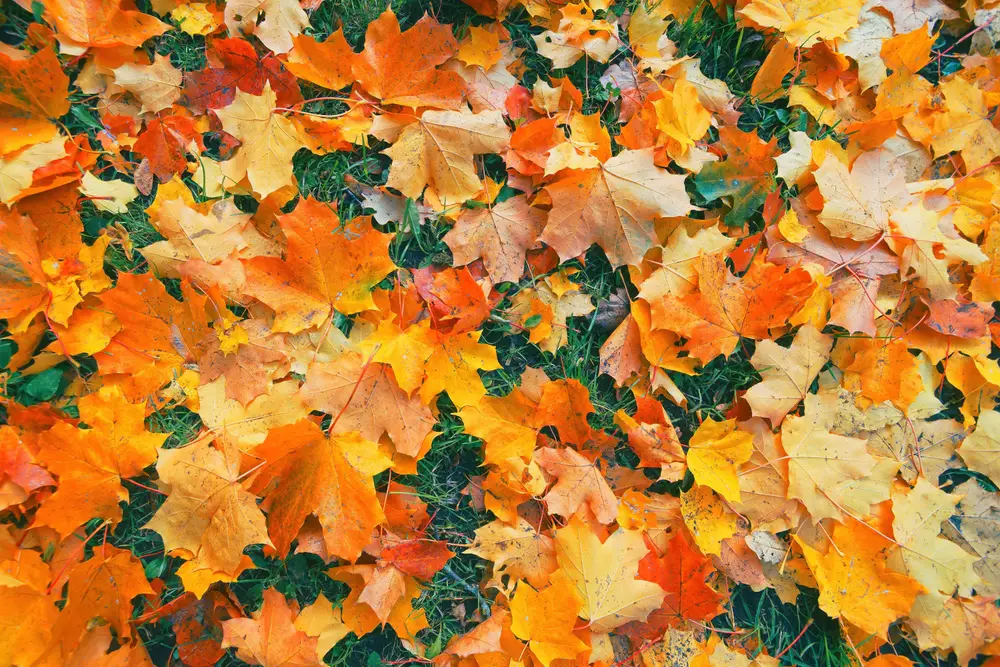
Are Dead Leaves Good For Your Garden?
For years, I considered dead leaves littering my lawn a nuisance. Cleaning up dead leaves, loading them in huge plastic bags, and disposing of them was a staple of my fall. Little did I know, I was wasting an amazing free resource for my garden.
-
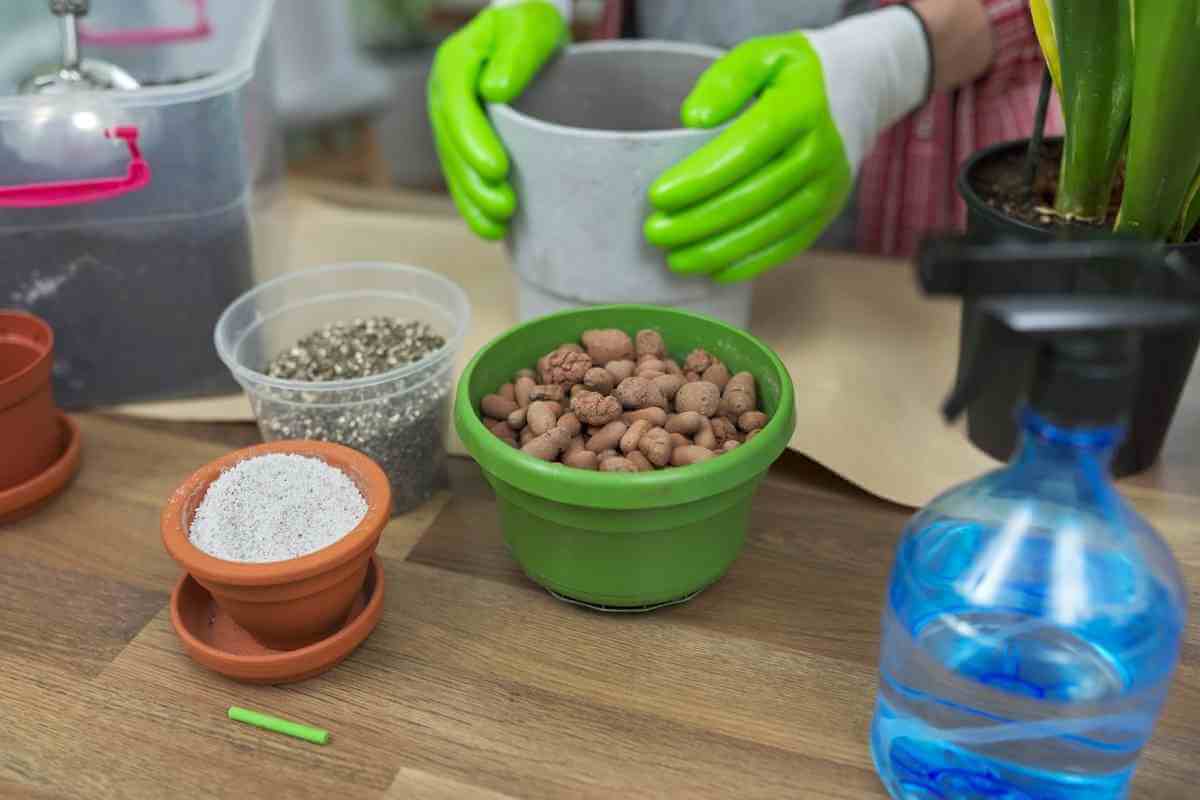
Rice Hulls vs Perlite: Which One is Better for plants?
Let’s look at Rice Hulls vs Perlite for your plants and determine which one is best to use.
-
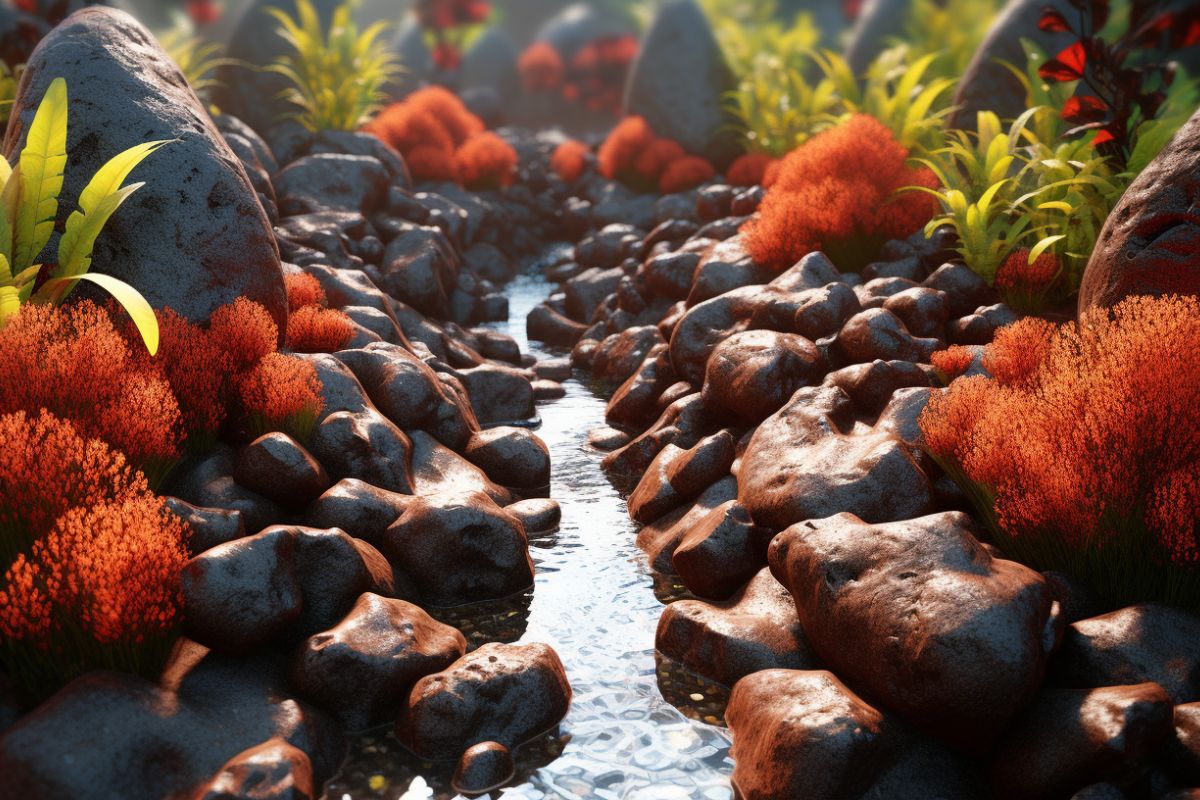
Unearthing the Truth: Is Lava Rock Good for Drainage?
So let’s dive in together and unlock the secrets behind lava rocks – an unassuming yet powerful solution to many drainage challenges.
-

How To Fertilize Mandevilla
Mandevilla is an exotic and beautiful flowering vine that adds a tropical flare to any garden. The key to keeping its beauty flourishing is providing the right fertilization care. Mandevilla plants should be fertilized every two to four weeks during the growing season in late spring and again in summer. For best results, use fertilizers […]
-

Fertilizer for Fescue – Types, Amounts, And When to Apply
In this post, you’ll learn everything you need to know about fertilizing fescue grass, including the different types of fertilizer, how much to apply, and when to apply it for optimal growth and health. Whether you’re a seasoned lawn care pro or a beginner, this guide has got you covered!
-

How Much Potassium Nitrate per Liter of Water: The Definitive Guide
In this blog post, we explore the topic of how much potassium nitrate is needed per liter of water. We delve into the benefits of using potassium nitrate, its common applications
-
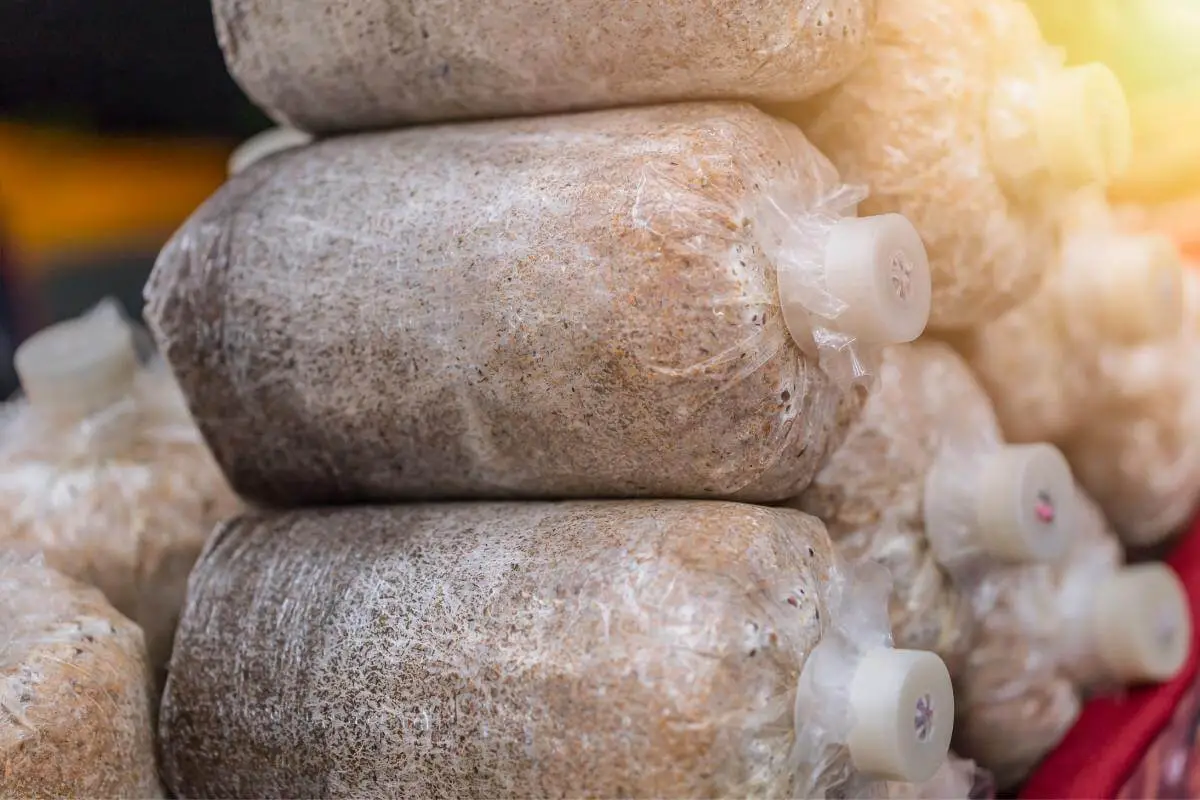
10 Plants That Don’t Like Mushroom Compost
Find out what plants don’t like mushroom compost and why.
-
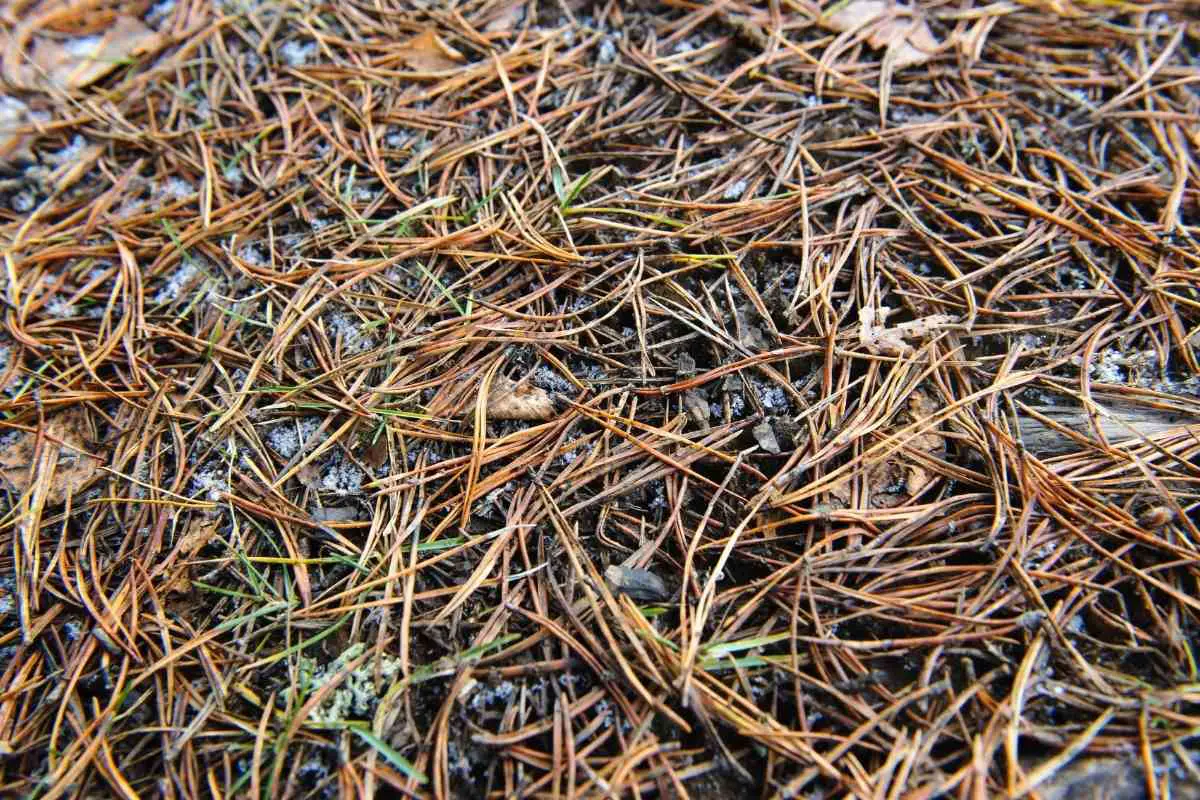
Don’t Use Pine Needles As Mulch Before Reading This Article
If you are looking for mulching options that are long-lasting and low maintenance, pine needle mulch might be the thing you need. But, before you go on to use it, here’s everything you need to know before you spread it around your garden.
-
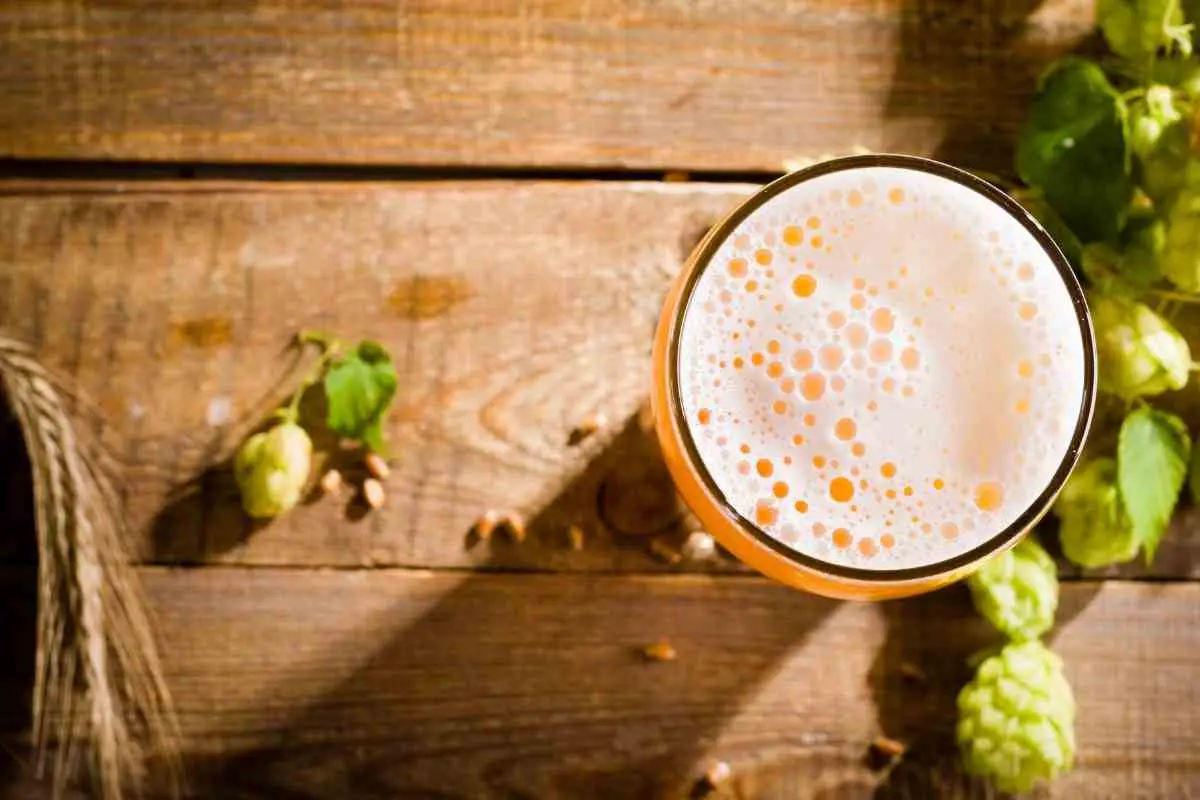
Is Beer Good for Plants? Why Would You Feed Them Beer?
While beer may seem good for plants, it’s likely to do more harm than good. If you’re looking for a natural way to fertilize your plants, consider using coffee grounds or banana peels instead.
-
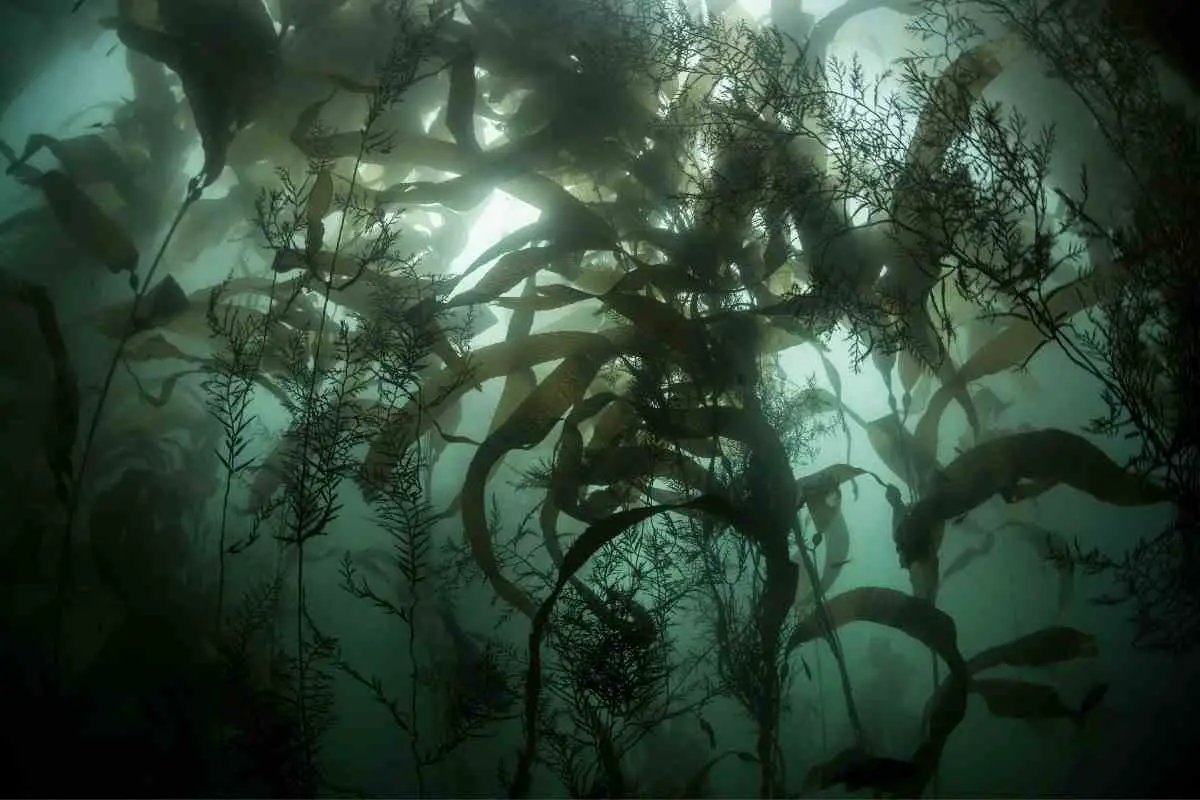
Kelp Fertilizer – A Gardener’s Guide
These days, organic gardening and farming practices are becoming increasingly popular, and this means that gardeners need to find organic fertilizers. One such organic fertilizer is kelp seaweed! Here’s our comprehensive Gardener’s Guide to using kelp fertilizer in your garden.
-
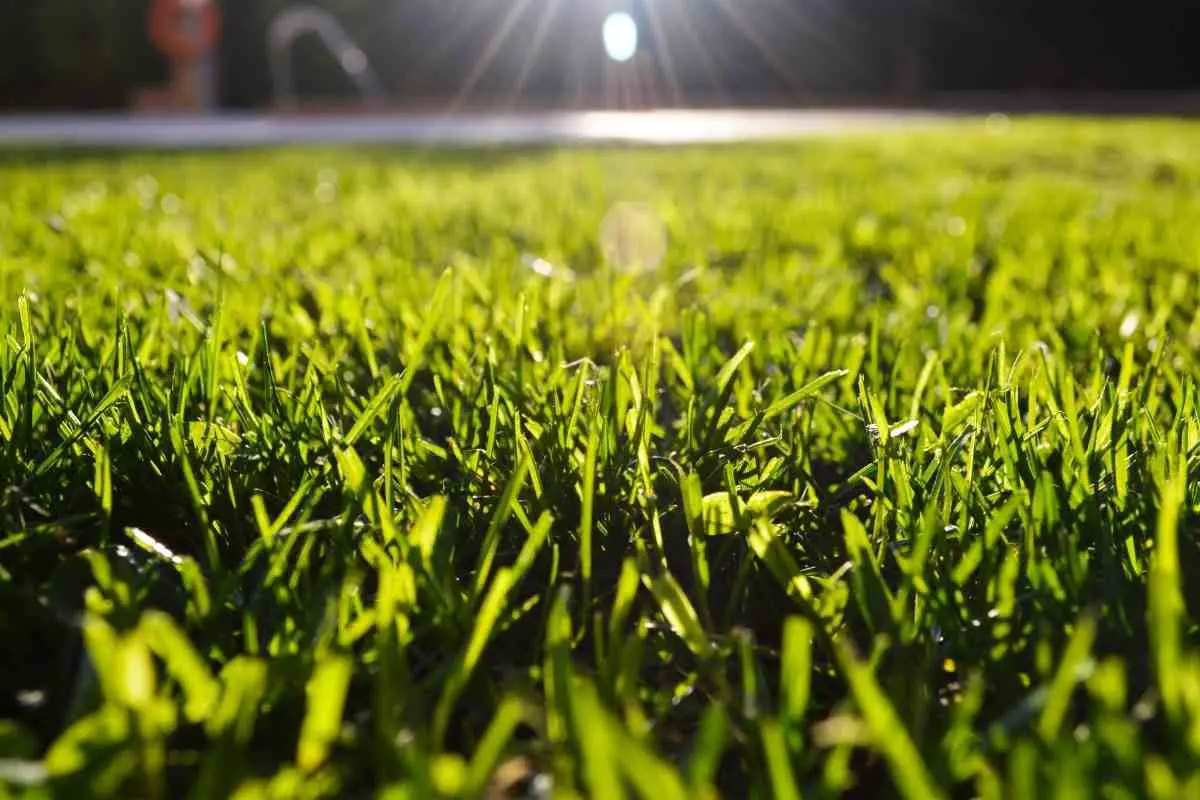
What Does Nitrogen Do for Lawns? (Simple Explanation)
Although nitrogen is the most copious gas in the atmosphere and soil holds a substantial amount of the element, plants can’t utilize it in its pure form. So instead, they rely on nitrogen-fixing bacteria to convert it into an absorbable form.
-
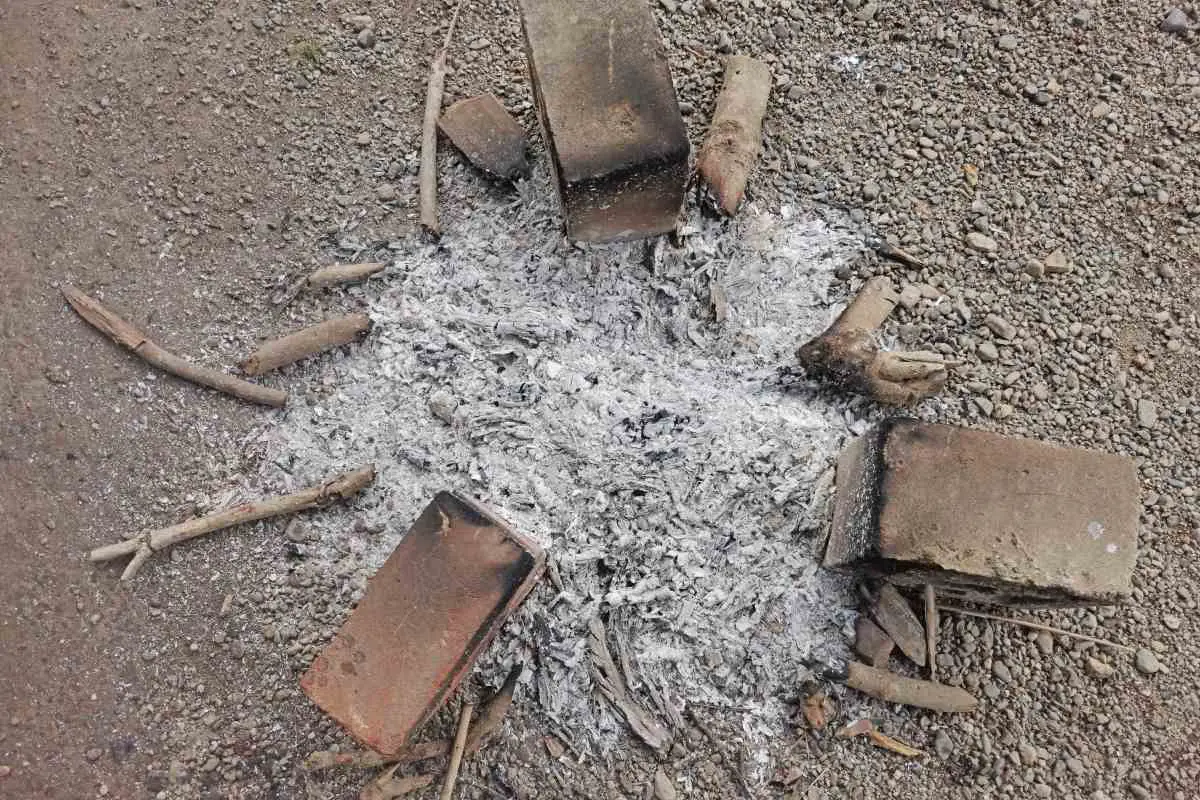
Is Charcoal Ash Good for Plants (How to Use Correctly)
Charcoal ash isn’t only safe for your plants but it also brings many benefits and can improve your plant’s health in multiple ways. In this article, we’ll discuss how to use this material in your garden and what benefits it offers for your plants.
-
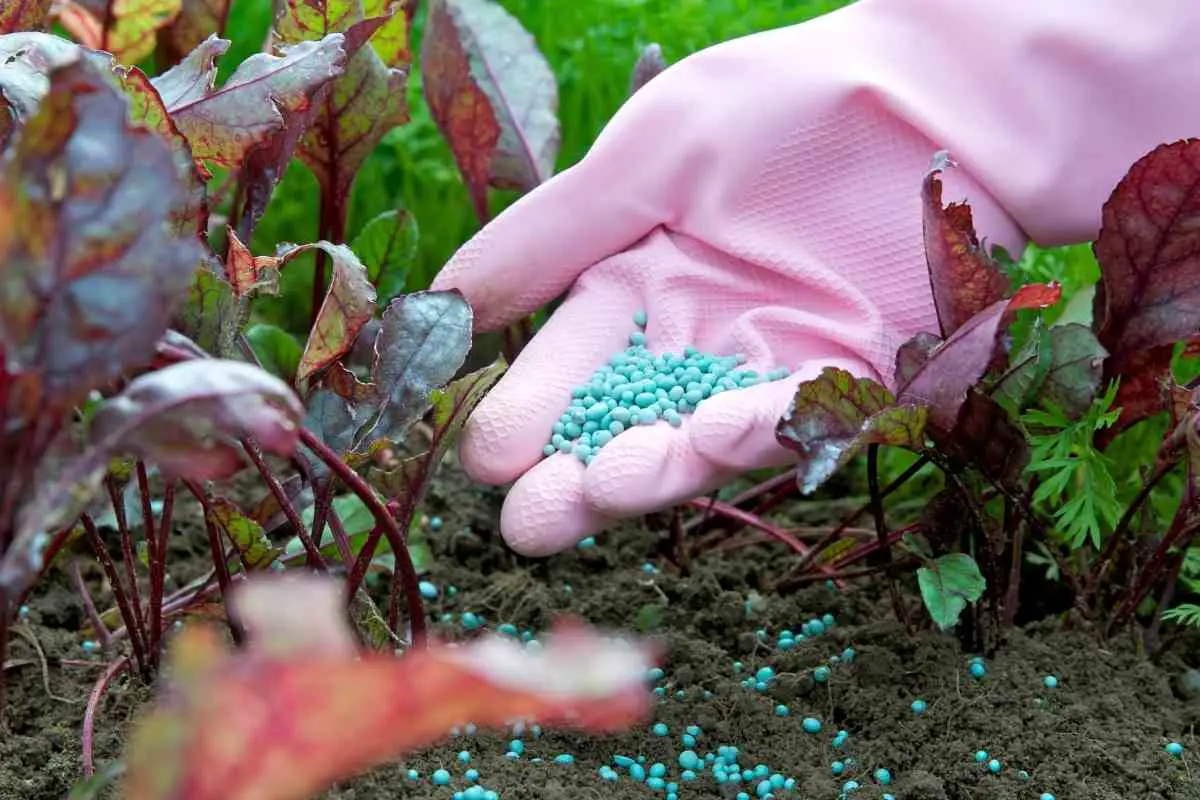
Winter Fertilizer Numbers Explained
Winter fertilizers (winterizers) usually have high Nitrogen and Potassium quantities. In particular, N to K ratio should be 2:1. For instance, the NPK ratio on the label can be 24:2:12. Notice that the phosphorous level should be minimal since it is not needed during winter.
-
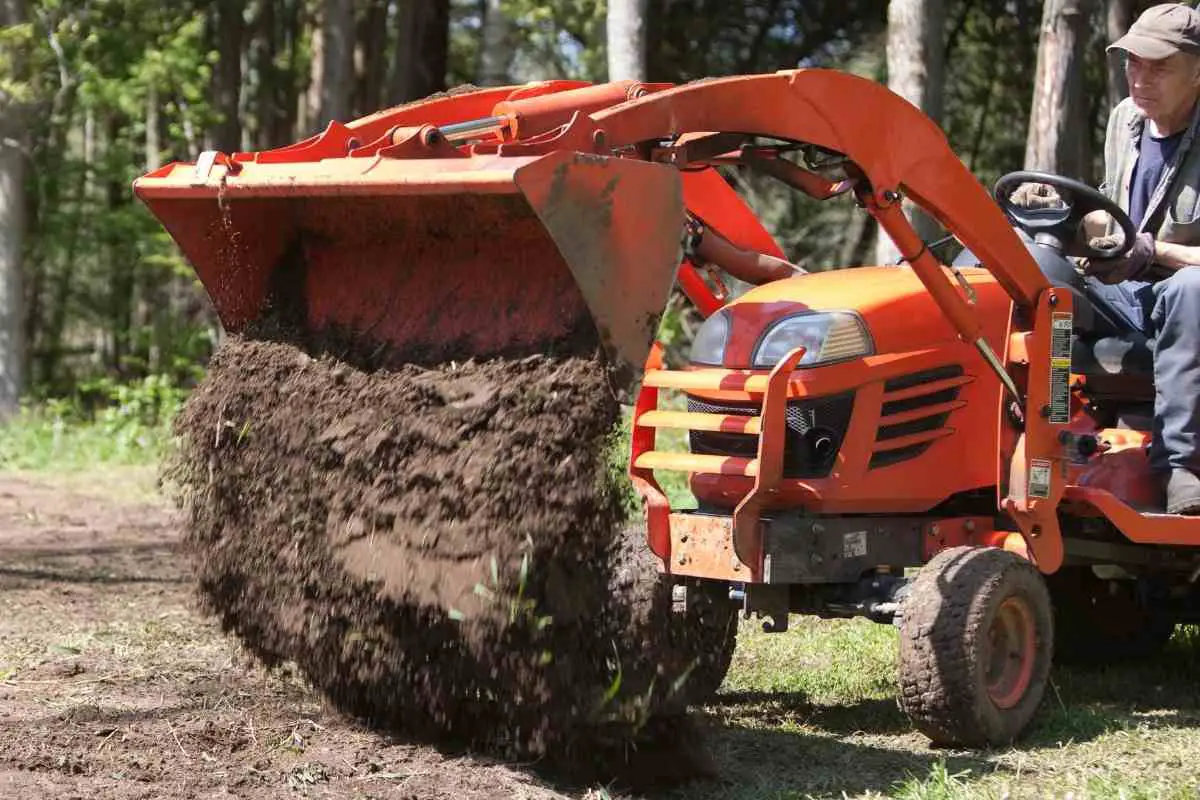
How Much Does a Cubic Yard of Topsoil Weigh?
The weight of a cubic yard of topsoil varies greatly and can be anywhere from 1000 lbs to almost 3000 lbs. The weight will depend on the type of topsoil, the moisture content, and whether it’s been compacted.
-
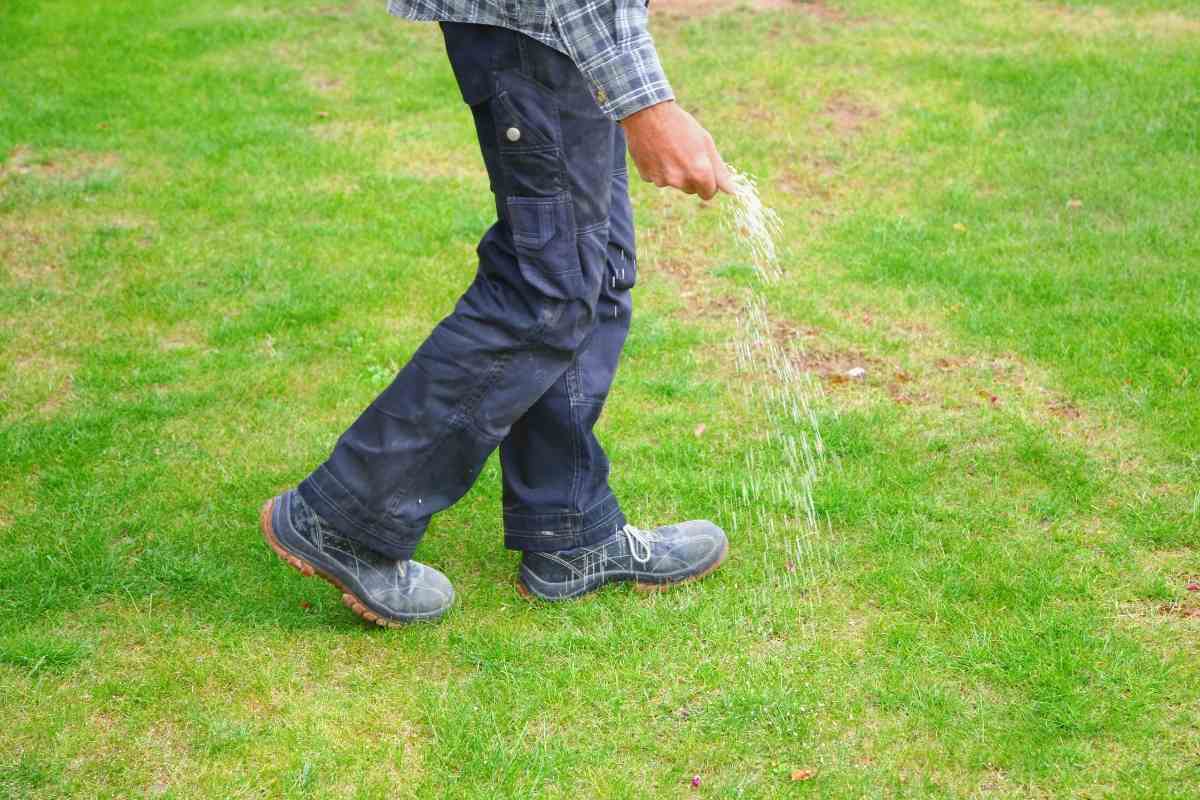
Does Fertilizer Help Grass Grow?
Fertilizer replenishes nutrients vital to the soil and ensures your lawn is both appealing and manageable. However, you need to ensure that appropriate fertilizer is used at different intervals of the year as recommended.
-
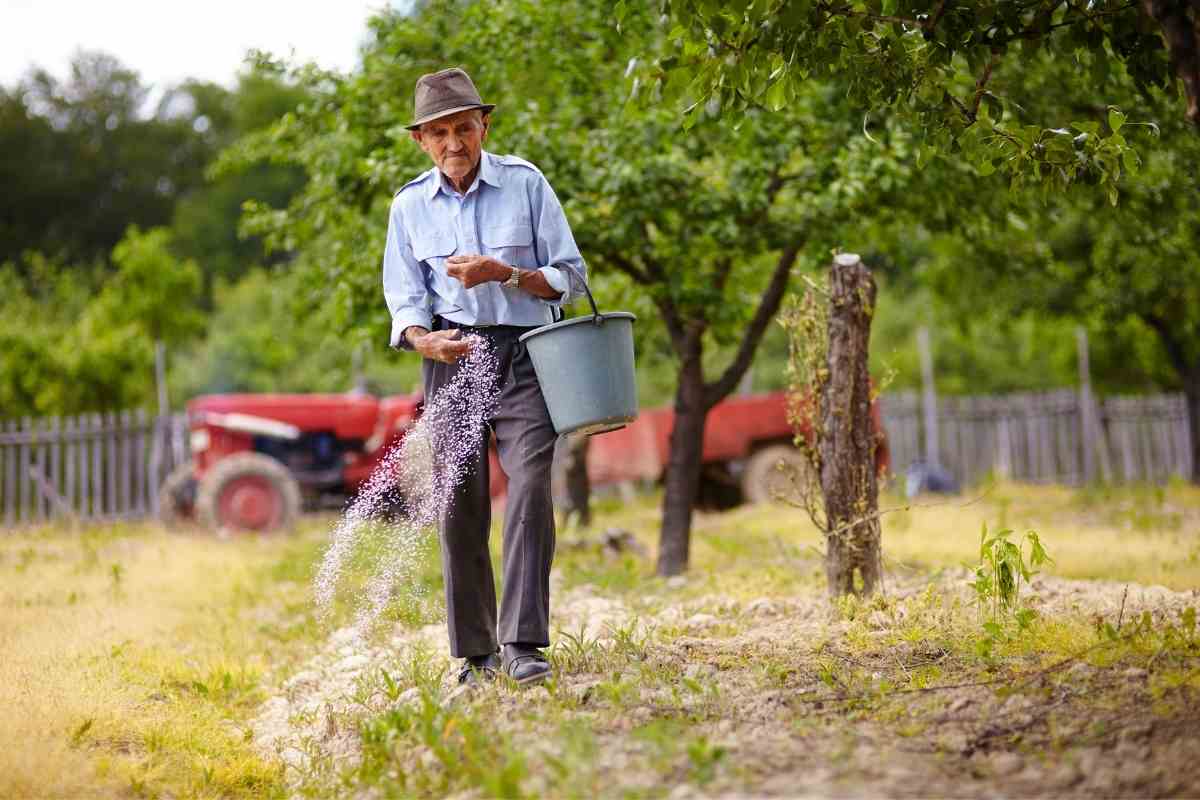
How Long Does it Take for Granular Fertilizer to Dissolve?
Dissolving the granular fertilizer in water makes it easy for the roots to reach and absorb the nutrients, thus, promoting growth. It can take as long as 2 days or 2 weeks for the fertilizer to dissolve.
-
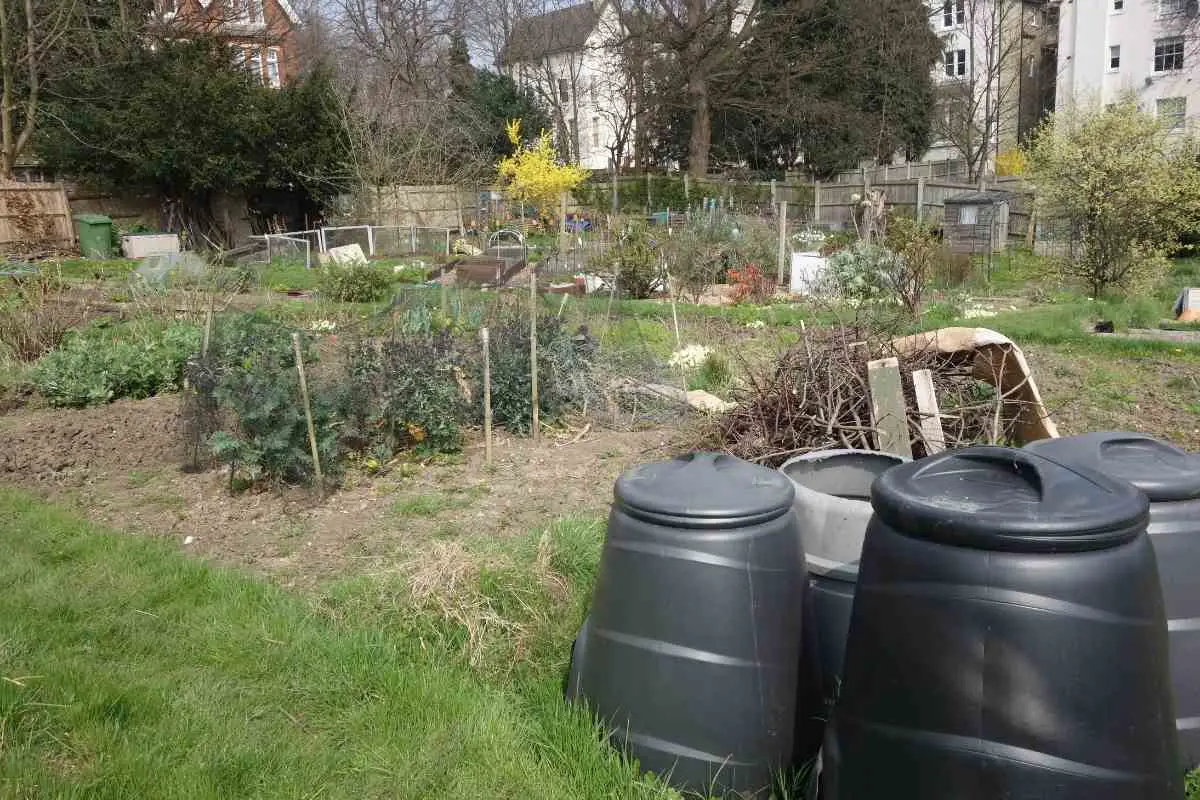
How To Get Rid Of Flies In Compost Bins (Natural And Chemical Options)
Flies only infest compost piles that have not been managed properly. In this article, we will look into ways through which you can get rid of flies or, at the very least, prevent their infestation.
-
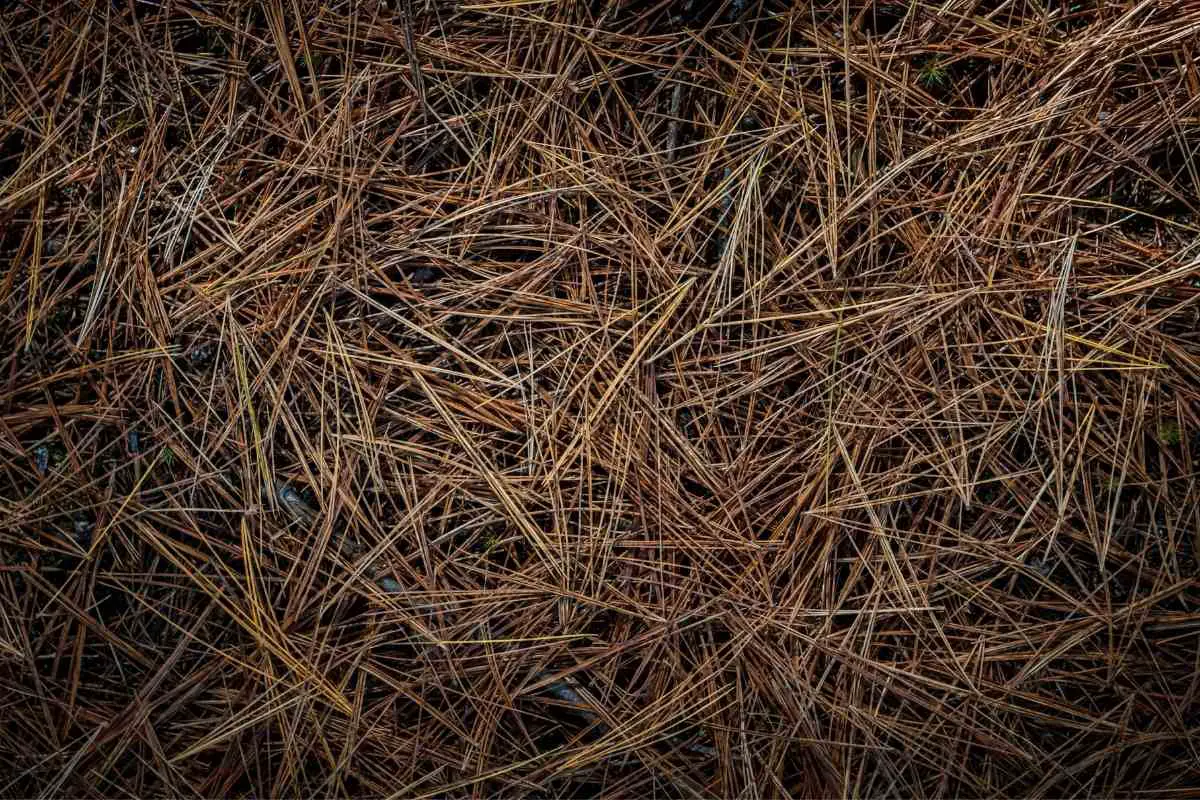
8 Plants That Do Not Like Pine Needles
The shed needles from pine trees can form a carpet around their trunk. Rumor has it that these pine needles affect the pH of the soil under the trees, causing it to become too acidic.
-
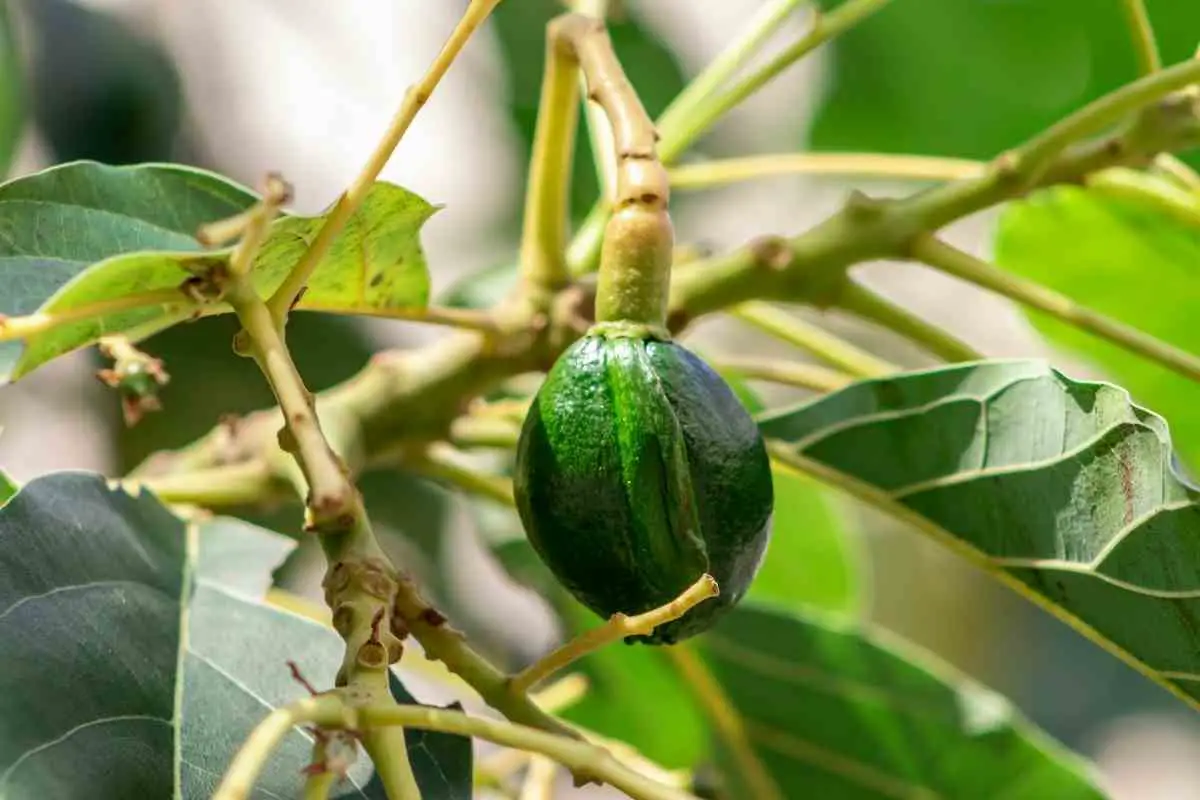
What is the Best Fertilizer for Avocado Trees
While most areas in USDA zones 9b to 11 have enough nutrients in the soil to grow healthy avocado trees, a little extra boost from a high-quality, slow-release, organic fertilizer wouldn’t hurt.
-

Why are There Maggots in My Compost Bin
But why are they in your compost bin and are there ways to get rid of them? Can you get rid of them? Let’s find out.